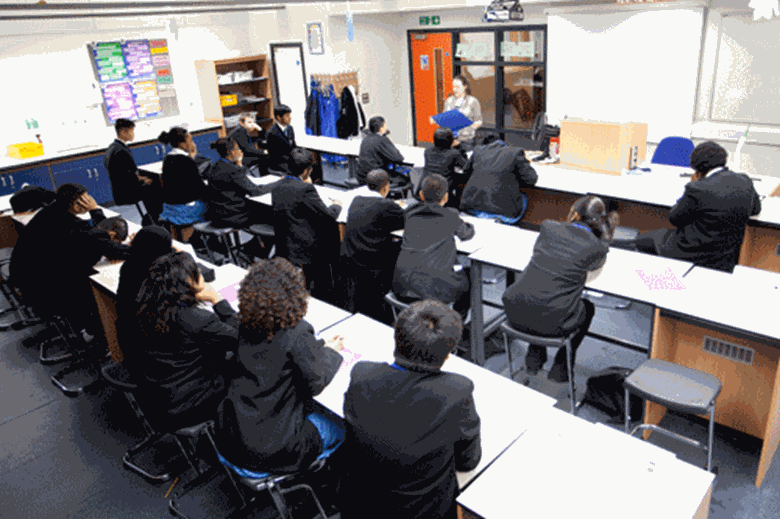Call for pupil premium to be allocated on payment-by-results basis
Laura McCardle
Monday, January 6, 2014
The government is being urged to change the way the pupil premium is paid to schools in a bid to drive down the number of young people who become Neet (not in education, employment or training) when they leave school.

The charity Impetus-PEF proposes that the money, earmarked for disadvantaged pupils, be allocated to schools on a payment-by-results basis. It says that they should only receive payments if they can demonstrate improvements in exam results and that pupils go on to get a job, traineeship or further education placement.
For the 2013/14 academic year, schools are receiving £900 in premium payments for every pupil who qualifies for free school meals or is in local authority care to pay for additional support. This will rise to £935 in 2014/15.
Impetus-PEF has issued its recommendation to defer payments in a report , which claims that around £22bn of public money is currently spent on the 1.07 million 16- to 24-year-olds categorised as Neet.
But Sonia Blandford, founder and chief executive of education charity Achievement for All 3As, disagrees and believes transforming the pupil premium into a social impact bond would be more effective.
“The money should be upfront – how can a school provide the support pupils need without it?" she said.
??“The pupil premium should be in the form of an impact bond – if schools don’t achieve what they set out to achieve they should pay it back.”
?A Department for Education spokeswoman said the government is taking steps to reduce the number of young people who are Neet.
??She said: “All disadvantaged pupils are eligible for the pupil premium, which will be worth £2.5bn in 2014/15.??
“We expect all schools to use these funds effectively and they will be held to account by Ofsted for how well they are closing the gap between disadvantaged pupils and their peers.??
“All our reforms are designed to ensure young people leave school with the skills they need to secure a good job or continue studying.
??“We are committed to helping more young people benefit from apprenticeships and traineeships, which give them the skills, confidence and experience demanded by employers.”
The Impetus-PEF report also calls on the government to create a Secretary of State for School-to-Work transitions and to charge Ofsted with inspecting schools' efforts to improve school-to-work transitions and use of data.




